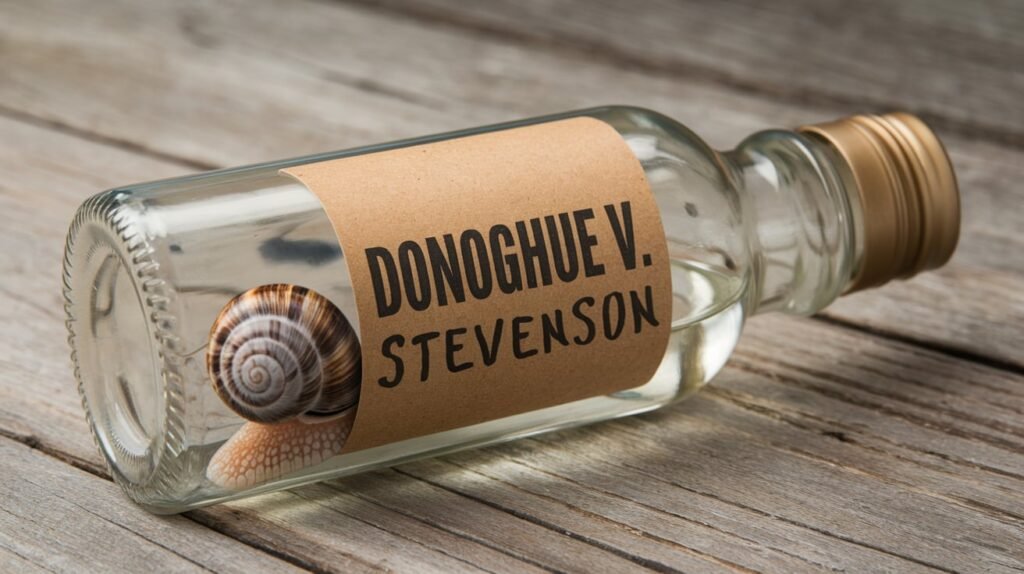Richardson V. Atkinson 1876 (Case Summary)

This case is a notable precedent in the law of conversion, illustrating that interference with the integrity or identity of goods can result in liability for the conversion of the entire property.
Table of Contents
ToggleFacts of Richardson v Atkinson
- The defendant, Atkinson, unlawfully drew wine from a cask belonging to the plaintiff, Richardson.
- To conceal the theft, Atkinson mixed water into the remaining wine to restore the cask’s apparent volume.
- By doing so, Atkinson not only removed part of the wine but also destroyed the integrity and identity of the remaining contents.
- Richardson sued Atkinson for conversion of the entire cask of wine.
Issues framed
- Whether the unlawful removal of part of the contents of a property, combined with altering the remaining contents, constitute conversion of the entire property?
- Whether destruction of the identity of goods be treated as a conversion of the whole?
Judgment of Richardson v Atkinson
The court applied the principles of conversion, focusing on interference with ownership rights and destruction of goods’ identity.
The court held that by taking wine from the cask and adulterating the remaining contents, Atkinson had interfered with Richardson’s ownership of the entire cask. It ruled that such actions amounted to conversion of the whole because the remaining wine was no longer in its original state and could not be restored. Conversion involves not only physical removal but also actions that destroy the usability or identity of the property.
The court ruled in favor of Richardson, holding Atkinson liable for the conversion of the entire cask of wine. The court noted, “By adulterating the contents, the defendant has destroyed the distinct character of the goods, effectively converting the entirety to his own use.”





